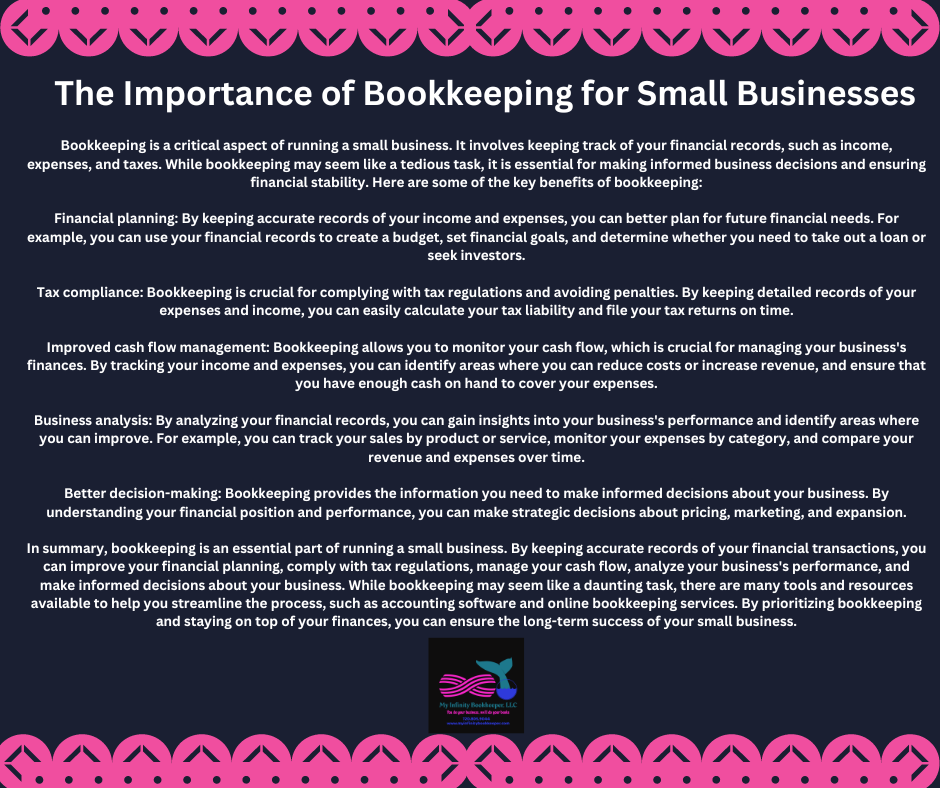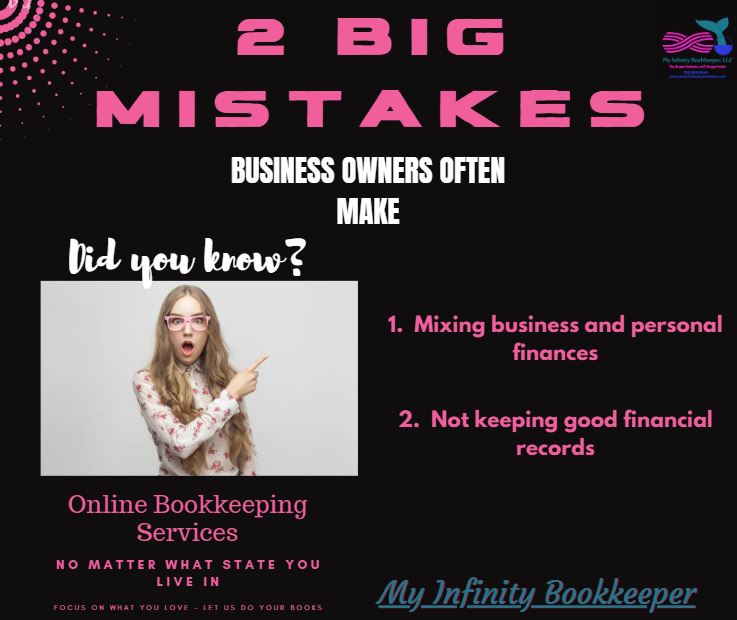Late Payments and Missed Deadlines
Hey there, fellow business owners! 
Let’s talk about a not-so-fun topic: late payments and missed deadlines.
We’ve all been there, right?  But fear not, because I’ve got some advice to help you avoid these headaches and keep your business running smoothly.
But fear not, because I’ve got some advice to help you avoid these headaches and keep your business running smoothly. 
Late payments can really put a dent in your cash flow and create unnecessary stress. That’s why having proper bookkeeping processes in place is crucial. You can send those pesky late payments packing by staying organized and on top of your finances! 

Here are a few tips to help you tackle this challenge head-on:
 Get your invoicing game on point: Send out those invoices promptly and make sure they clearly state the payment terms and due dates. Be confident, yet polite, when following up on outstanding payments.
Get your invoicing game on point: Send out those invoices promptly and make sure they clearly state the payment terms and due dates. Be confident, yet polite, when following up on outstanding payments. 

 Automate reminders: Set up automated reminders for your clients as the due date approaches. A friendly nudge can work wonders and keep everyone on track.
Automate reminders: Set up automated reminders for your clients as the due date approaches. A friendly nudge can work wonders and keep everyone on track. 

 Build strong relationships: Maintaining open lines of communication with your clients can help prevent misunderstandings and ensure everyone is on the same page. Plus, it’s a great opportunity to show off your amazing personality!
Build strong relationships: Maintaining open lines of communication with your clients can help prevent misunderstandings and ensure everyone is on the same page. Plus, it’s a great opportunity to show off your amazing personality! 

Remember, late payments shouldn’t be the norm. Don’t let them hurt your business and hinder your growth. With the right bookkeeping processes (and even a sprinkle of humor because hey, laughter makes everything better, right?), you can keep your cash flowing smoothly and maintain a healthy business. 

If you’re ready for some expert assistance with your bookkeeping or have any questions about managing your books effectively, contact us now. Let’s slay those late payments together! 




 But fear not, because I’ve got some advice to help you avoid these headaches and keep your business running smoothly.
But fear not, because I’ve got some advice to help you avoid these headaches and keep your business running smoothly. 


 Get your invoicing game on point: Send out those invoices promptly and make sure they clearly state the payment terms and due dates. Be confident, yet polite, when following up on outstanding payments.
Get your invoicing game on point: Send out those invoices promptly and make sure they clearly state the payment terms and due dates. Be confident, yet polite, when following up on outstanding payments. 
 Automate reminders: Set up automated reminders for your clients as the due date approaches. A friendly nudge can work wonders and keep everyone on track.
Automate reminders: Set up automated reminders for your clients as the due date approaches. A friendly nudge can work wonders and keep everyone on track. 

 Build strong relationships: Maintaining open lines of communication with your clients can help prevent misunderstandings and ensure everyone is on the same page. Plus, it’s a great opportunity to show off your amazing personality!
Build strong relationships: Maintaining open lines of communication with your clients can help prevent misunderstandings and ensure everyone is on the same page. Plus, it’s a great opportunity to show off your amazing personality! 








